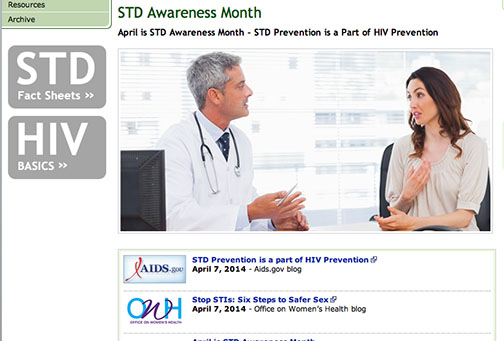“What happens in Vegas stays in Vegas … except for herpes. That s–t will come back with you.”
This is just one of the many comedic one-liners found in “The Hangover,” which made nearly $45 million its opening weekend. It’s a quick punch to the funny bone, offering a new take on an old cliche and making fun of a life-long disease with real victims. OK, that last bit stings a little bit, doesn’t it?
There are more than 65 million Americans currently living with an STD. Those numbers get steeper with younger populations—25 percent of young adults have an STD. That’s a significant portion of the population that gets ridiculed for being the product of a broken sexual education system. As overused as the phrase is, it truly can happen to anyone. One doesn’t even need to have penetrative sex to contract an STD.
[quote]It’s not new for sexually transmitted infections and diseases to be the butt of jokes.[/quote] However, we live in a progressive society that is thankfully on its way to becoming more conscious toward the way it treats marginalized people groups. In most cases today, it’s in poor taste to use “retarded” as a pejorative and gay jokes when someone’s Facebook account is hacked just aren’t funny anymore. Please unfriend anyone who begs to differ. So why do we continue to poke fun at those suffering from serious illnesses? It’s not as if we would feel nearly as comfortable making cancer jokes in movies and television, even though the topic is just as severe.
I already know the reason for this—STDs involve sexual acts, and sex is still a naughty, dirty thing that Americans love to do, but hate to discuss. Jokes about STDs feel harmless because as a society, we’re led to believe that anyone who’s infected deserves his or her sickness because they had sex—ugly, sinful, disgusting, inexcusable sex.
Defenders of comedy will argue that not everything can be so politically correct and that victims need to get tougher skin. Unfortunately, there are some real consequences to a comedy-led discussion about STDs.
Most jokes about STDs operate by the premise that STDs are bad, gross, unattractive, life-ruining and abnormal. These stigmas affect the diagnosis process; whether it’s those at risk refusing to get checked, or traumatic positive test results that shroud a victim in shame. You see, most STIs can be cured and most STDs can be managed. Modern medicine has even found ways to control life-long illnesses such as herpes, helping those infected to still enjoy a healthy sex life. Rather than acting as if contracting an STD is the end-all be-all to public dignity, we should treat them as a “s–t happens” moment and focus on how to prevent spreading. Just this simple change of perspective could make a world of difference, starting with alleviating some people’s fears of getting tested, which would in turn increase awareness and early detection.
[quote]But this idea, this sense that an STD won’t actually ruin your life, isn’t seen anywhere in the media[/quote]. Ironically, making light of the subject continues to contribute to the unnecessary heaviness surrounding the topic. This isn’t to say that STD education is not a serious topic, but let’s leave that responsibility to experts and instructors, not comedians.
April is STD Awareness Month. I challenge you all to question what it is you’re actually laughing at the next time a man with a baby strapped to his stomach comes on screen, and to feel the true weight of what these jokes mean.
Photo is online screenshot







